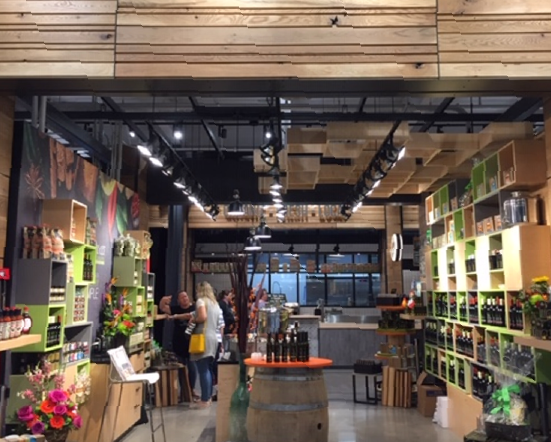Layout Design: Interior designers create efficient layouts that optimize the use of space. They consider factors like furniture arrangement, traffic flow, and spatial relationships to ensure that each area is functional and comfortable.
Ergonomics: They design spaces with user comfort in mind, incorporating ergonomic principles to enhance usability and well-being.
Aesthetic Enhancement:
Style and Theme: Designers develop a cohesive style or theme that reflects the client’s personality and preferences. They select color schemes, materials, and finishes to create visually appealing and harmonious environments.
Furnishings and Décor: They curate furniture, artwork, and accessories to complement the overall design. This includes choosing pieces that not only enhance the space aesthetically but also meet functional needs.
Lighting Design:
Illumination Planning: Interior designers plan lighting schemes to enhance the ambiance and functionality of a space. They select appropriate lighting fixtures, fixtures, and control systems to create the desired effect and mood.
Task Lighting: They incorporate task lighting to ensure that areas like workspaces and reading nooks are well-lit for specific activities.
Material Selection:
Surface Materials: Designers choose materials for flooring, walls, and surfaces that align with the design vision while considering durability and maintenance.
Textiles and Finishes: They select fabrics for upholstery, curtains, and rugs, as well as finishes for cabinetry and other elements, to achieve the desired look and feel.
Structural Changes:
Space Reconfiguration: In some cases, interior designers work on reconfiguring spaces by moving walls or altering layouts to improve functionality. This often involves working with architects or contractors to ensure structural integrity.
Custom Solutions: They design custom-built elements like cabinetry, shelving, and built-ins to maximize space and meet specific needs.
Project Management:
Coordination: Interior designers manage the design process from concept to completion, coordinating with contractors, suppliers, and other professionals.
Budgeting: They work within budget constraints, providing cost estimates and managing expenses to ensure that the project stays on track financially.
Client Collaboration:
Consultation: Designers engage with clients to understand their needs, preferences, and lifestyle. They provide expert advice and recommendations to ensure that the final design aligns with the client’s vision.
Feedback Integration: They incorporate client feedback throughout the design process to refine and adjust the project as needed.
Compliance and Regulations:
Building Codes: Interior designers are knowledgeable about building codes and regulations. They ensure that their designs comply with safety standards and legal requirements.
Accessibility: They design spaces that are accessible and inclusive, considering the needs of all users.
Studio Forma’s Approach to Interior Design
At Studio Forma Interior Design, we bring a comprehensive approach to interior design, combining creativity with functionality to create exceptional spaces. Here’s how we incorporate these elements into our work:
Residential Design:
We design personalized homes that reflect our clients’ lifestyles and preferences. From cozy living rooms to sophisticated kitchens, we ensure that every space is functional, stylish, and tailored to individual needs.
Commercial Design:
For commercial spaces, we focus on creating environments that enhance productivity, brand identity, and customer experience. Our designs aim to optimize workflow, foster collaboration, and leave a lasting impression on clients and visitors.
Integrated Solutions:
We integrate various aspects of design, including space planning, aesthetics, and project management, to deliver cohesive and well-executed projects. Our goal is to create spaces that are both beautiful and practical
Interior designers are skilled professionals who bring a wealth of expertise to creating spaces that are both functional and aesthetically pleasing. At Studio Forma Interior Design, we are dedicated to harnessing this expertise to transform environments and enhance the quality of life for our clients. Whether working on residential or commercial projects, we combine creativity with strategic planning to deliver exceptional design solutions that meet our clients’ needs and exceed their expectations.

